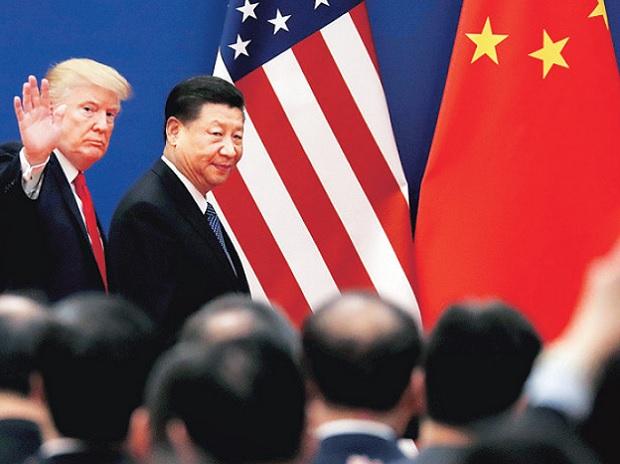
International News
Luckily for Australia, the U.S.-China trade war happened.Australia faced a personal-credit crunch, housing slump and weak business confidence, threatening to derail the longest-running growth streak in the developed world. Then it got a trade boost as U.S.-China relations soured.
Australia ships around a third of its exports to China, mostly commodities such as iron ore and coal that are used by heavy industry and in the building of apartments. Those exports are in demand as Beijing accelerates construction spending to head off damage caused by Washington raising tariffs.
Trade has been so buoyant that Australia logged its first current-account surplus—a measure of trade and financial flows with other countries—since 1975 in the second quarter of this year. That has provided some much-needed juice to Australia’s economy, on a 28-year run without a recession, as other headwinds to growth intensify. Australia’s gross domestic product expanded at its slowest pace since the financial crisis in the second quarter.
“It seems like a contradiction,” said AMP Capital chief economist Shane Oliver. “We are hearing all this talk about trade wars, which should obviously affect trade, and yet we have a record trade surplus that’s been far greater than anyone expected.”
Australia’s trade experience is unusual for a U.S. ally, some of whose economies have become collateral damage in the trade dispute. Germany’s exports in June fell 8% on a year earlier, and its current-account surplus has declined.
Global trade volumes grew 4.4% in the first quarter of 2018, when the first U.S. tariffs were imposed, from the same period a year before, according to the International Monetary Fund...Read More



